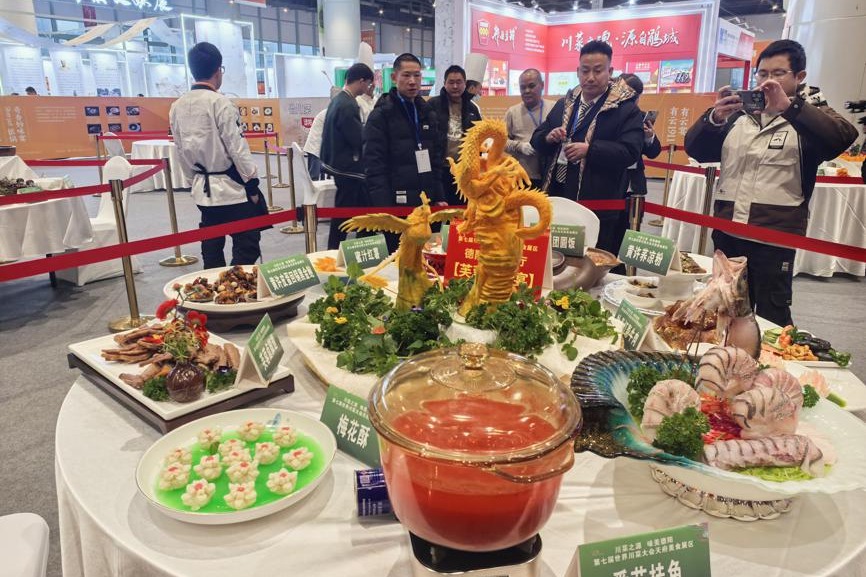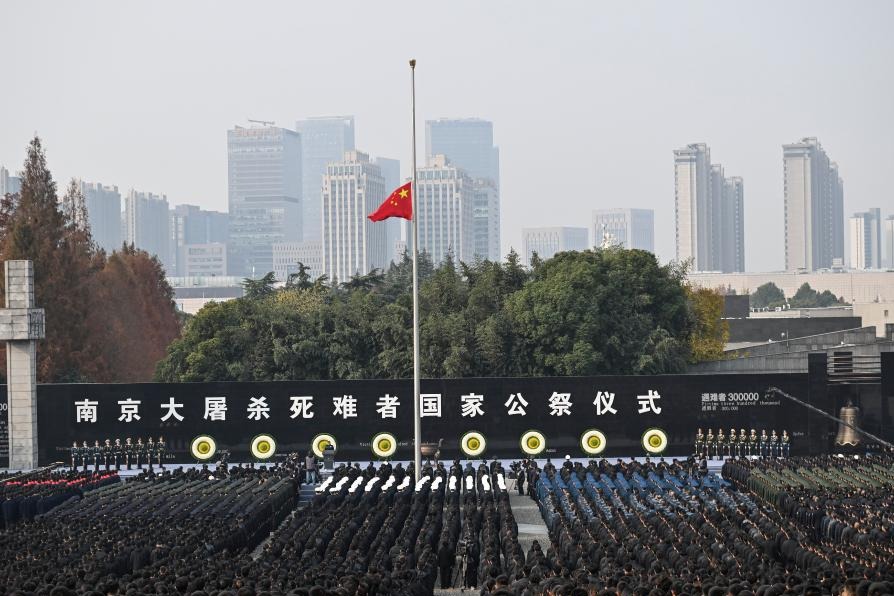Books, films and everything in between

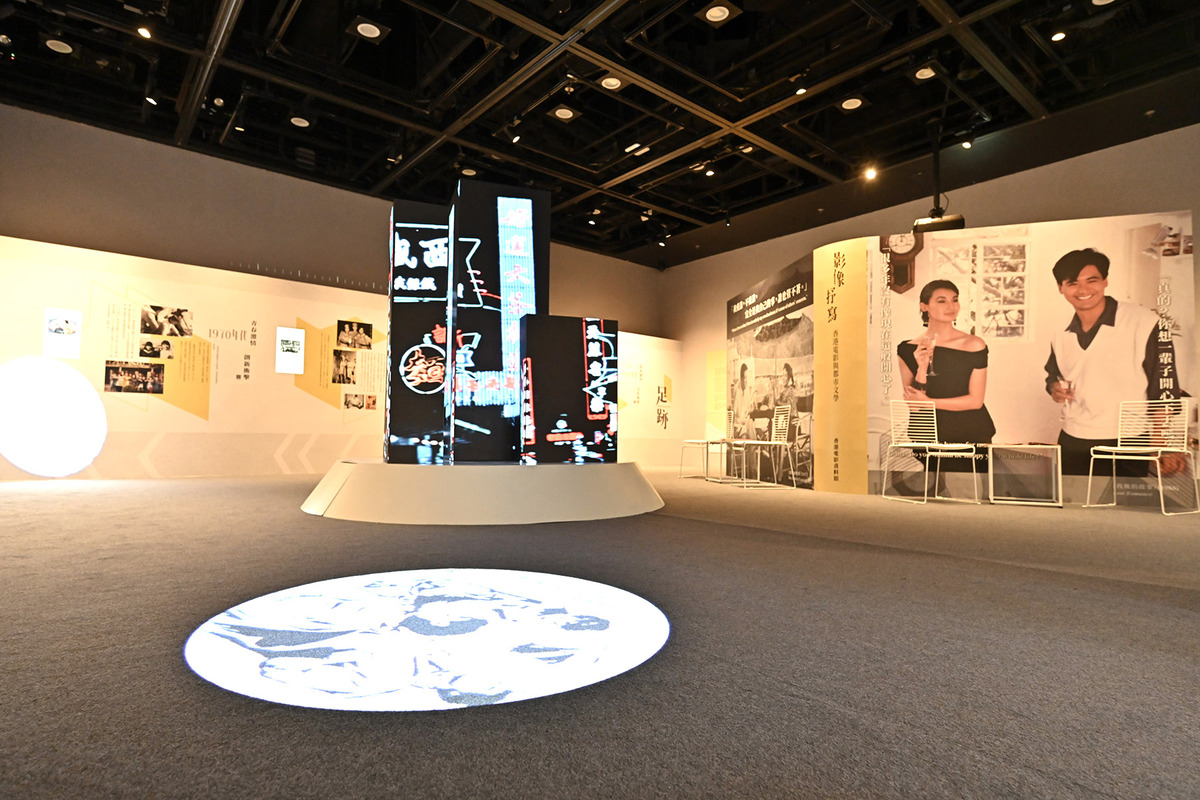
Hollywood's magpie-minded filmmakers have long drawn on the world of literature in weaving celluloid stories - and their counterparts in Hong Kong are no different, as a new exhibition makes clear.
Hong Kong Film Archive's (HKFA's) new City Portraits: Hong Kong Film and Literature show traces of inbreeding between the two art forms going back by nearly a century, to the birth of the local film industry.
Visitors will learn how quickly Hong Kong writers adapted to new trends and technologies - rather than waiting for the film industry to seek them out. Cheung Man-ping (Mong Wan) turned his serialized novels Poor Souls and The Black Knight into films, released in 1940 and 1941 respectively, while fellow novelist Lui Lun adapted his novel Clara into the 1942 classic, The Rich House.
The explosion of films with a literary flavor was fueled by a wave of southbound migration. Mainland-raised talents such as the screenwriter and film director Evan Yang and novelist Xu Xu began arriving in Hong Kong since the late 1940s. The latter's Blind Love was adapted for cinema, and released in 1956.
Few people might remember that Shanghai-born Eileen Chang was once employed as a scriptwriter by Hong Kong's Motion Picture and General Investment Co Ltd, penning screenplays including The Battle of Love (1957) and The Greatest Wedding on Earth (1962).
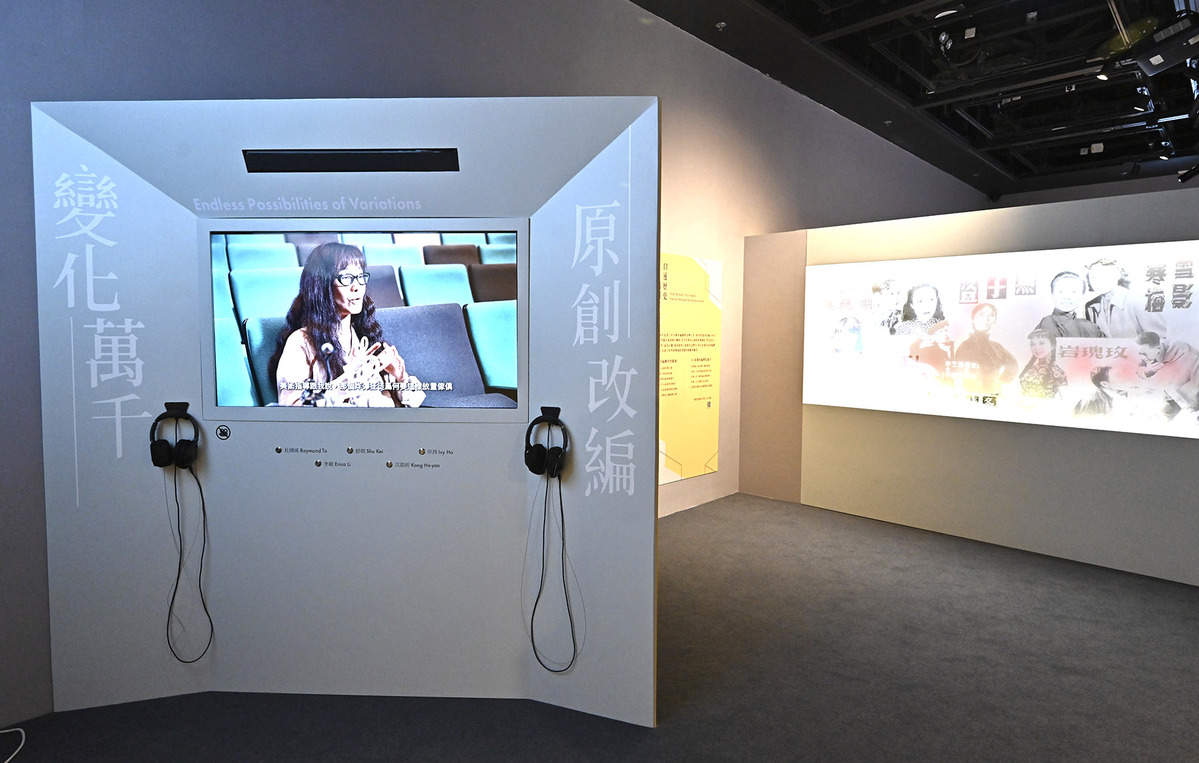
HKFA assistant curator Kwok Ching-ling hopes today's smartphone-schooled filmmakers can learn something from these literature-inspired classics. "As you can see, maybe in the past people read more," she says. "Nowadays, young people express in other ways. We can't say which is better."
Split into four zones, the exhibition's opening Footprints section traces this history, from the 1930s to this year's blockbuster Twilight of the Warriors: Walled In - based on Yuyi's 2008 novel City of Darkness and its comic adaptation by Andy Seto. The film has already grossed over HK$105 million ($13.5 million) at theHong Kongbox office.
That success comes more than half a century after the record-breaking 1973 smash hit, The House of 72 Tenants. Based on a play of the same name, the film is credited with infusing new energy into the then stagnant Cantonese film industry.
In the '50s and '60s, low-brow "30-cent novels" proved ripe material for the screen - but serious literature may have proved a more enduring source of inspiration. The iconic 1988 drama Rouge was adapted from a novel by Lilian Lee, and even Wong Kar-wai's oft-quoted breakthrough In the Mood for Love (2000) was based on Liu Yichang's 1975 novel Tte-bche, or Intersection.
The presence of cuboid screens resembling Hong Kong's generic tower blocks underscores the unique urban environment documented in the city's literature and film alike. "One of the themes of this exhibition is Hong Kong, the city. We see it the movies from the '50s to the '80s," Kwok says. "So through the films, you can learn about how the city existed at that time and what its people thought - it's something that's lost already, but you can find it in the movies."
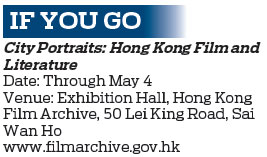
The exhibition's second zone, titled Time Flows Like a Song, is a screening room playing clips from classic movies adapted from novels. The third zone, From Words to Images, presents excerpts from literature and adapted scripts alongside the film scenes they became, allowing the viewer to track the creative process.
The final section is dedicated to on-demand videos where 11 classic and contemporary filmmakers share their thoughts on the making of movies based on literature.
Presented as part of the Muse Fest HK 2024 program, the exhibition is complemented by screenings of 17 films adapted from or inspired by literary works.
















